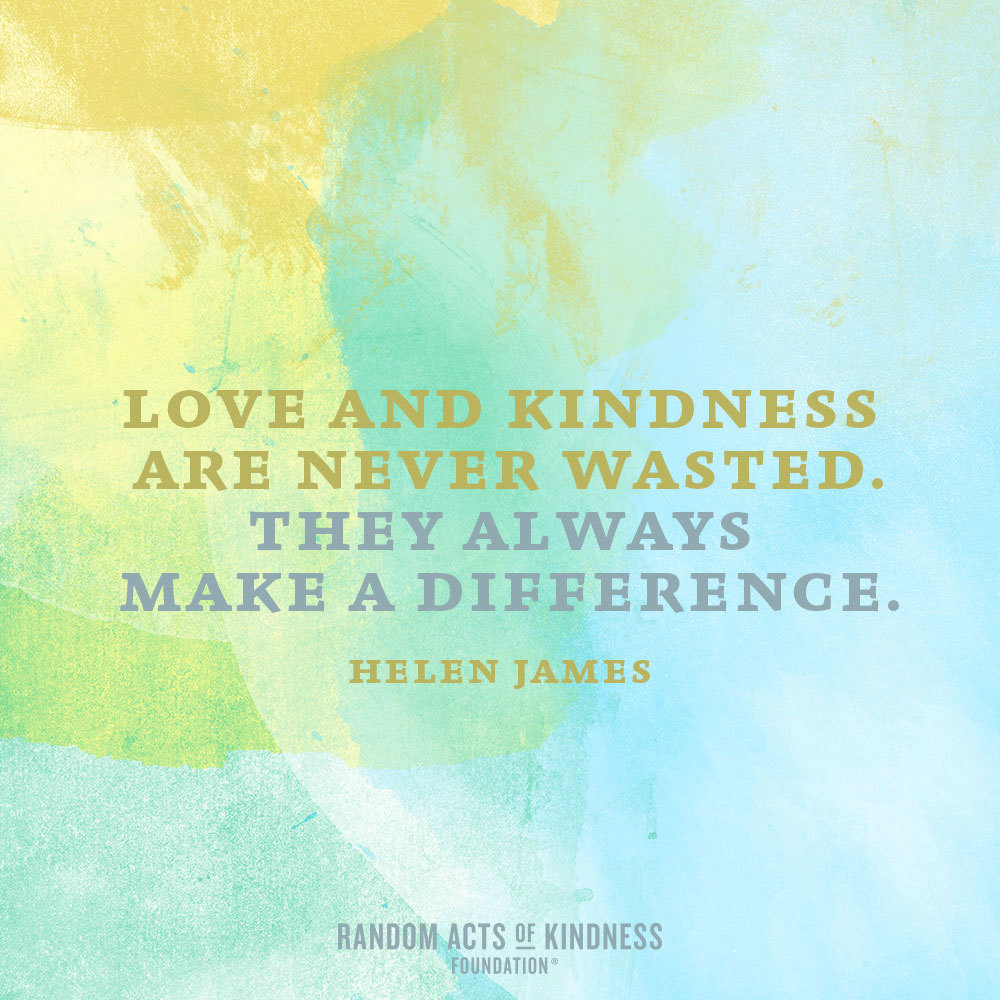Sowa Rigpa, often referred to as the Science of Healing, is an ancient system of medicine that has been practiced for centuries in Tibet, Bhutan, Mongolia, Nepal, India, and parts of Russia. This profound medical tradition integrates the knowledge of Ayurveda, Traditional Chinese Medicine (TCM), Greek-Persian medicine, and indigenous Tibetan practices, making it a unique and holistic approach to health and well-being.
Historical Background
The roots of Sowa Rigpa, which means “the science of healing” in Tibetan, can be traced back over 2,500 years. It was formally documented in the classic medical text called the “Gyud-Zhi” (Four Tantras) in the 8th century by Yuthog Yonten Gonpo, who is considered the father of Tibetan medicine. This compendium laid the foundation for Sowa Rigpa, detailing theories, diagnostics, treatment methods, and the ethical practices for healers.
Core Principles
Sowa Rigpa is built on a comprehensive understanding of the body’s composition and its relationship with the environment. Its core principles are based on the concept of three humors (wind, bile, and phlegm), seven bodily constituents (nutrients, blood, muscle tissue, fat tissue, bone, marrow, and reproductive fluids), and three excretions (sweat, urine, and feces). The balance and harmony of these elements are crucial for maintaining health.
The Three Humors
- Lung (Wind): Associated with movement, breathing, circulation, and nervous system functions.
- Tripa (Bile): Governs heat, metabolism, and digestive functions.
- Pekan (Phlegm): Controls bodily fluids, stability, and lubrication of joints.
Any imbalance in these humors leads to diseases, and the primary goal of Sowa Rigpa is to restore balance through personalized treatments.
Diagnostic Techniques
Diagnosis in Sowa Rigpa involves a thorough examination that includes observation, pulse reading, urine analysis, and questioning. Healers look for physical signs, such as the color of the tongue, the condition of the eyes, and the texture of the skin. Pulse reading is a sophisticated art that provides insights into the state of the internal organs and the overall balance of the humors.
Treatment Methods
Sowa Rigpa employs a wide range of treatment methods tailored to the individual needs of patients. These include:
- Dietary and Lifestyle Changes: Personalized advice on diet and lifestyle is fundamental. Certain foods and habits are recommended or avoided based on the individual’s constitution and current state of health.
- Herbal Medicine: Sowa Rigpa makes extensive use of herbs and minerals. These natural remedies are formulated into pills, powders, decoctions, and topical applications. Each remedy is carefully prepared to ensure its efficacy and safety.
- External Therapies: These include massage, acupuncture, moxibustion (burning of herbal leaves), and cupping. These therapies are used to stimulate specific points on the body, improve circulation, and alleviate pain.
- Spiritual Practices: Recognizing the connection between mind and body, Sowa Rigpa incorporates meditation, mantras, and rituals to support mental and emotional well-being.
Modern Relevance and Integration
In recent years, Sowa Rigpa has gained recognition and acceptance beyond its traditional regions. In India, it is officially recognized as one of the traditional systems of medicine, alongside Ayurveda and Unani. Institutions and universities are offering courses to train new practitioners, ensuring the preservation and dissemination of this ancient knowledge.
The holistic approach of Sowa Rigpa is increasingly appealing in the context of modern healthcare, where there is a growing demand for natural and integrative treatments. Its emphasis on prevention, balance, and treating the root cause of diseases resonates with contemporary health philosophies.
Conclusion
Sowa Rigpa, with its rich history and profound insights into human health, offers a timeless approach to healing that is both comprehensive and compassionate. As it continues to adapt and integrate with modern practices, it holds great potential to contribute to global health and well-being. Embracing Sowa Rigpa means acknowledging the wisdom of the past while forging a path toward a healthier future.



